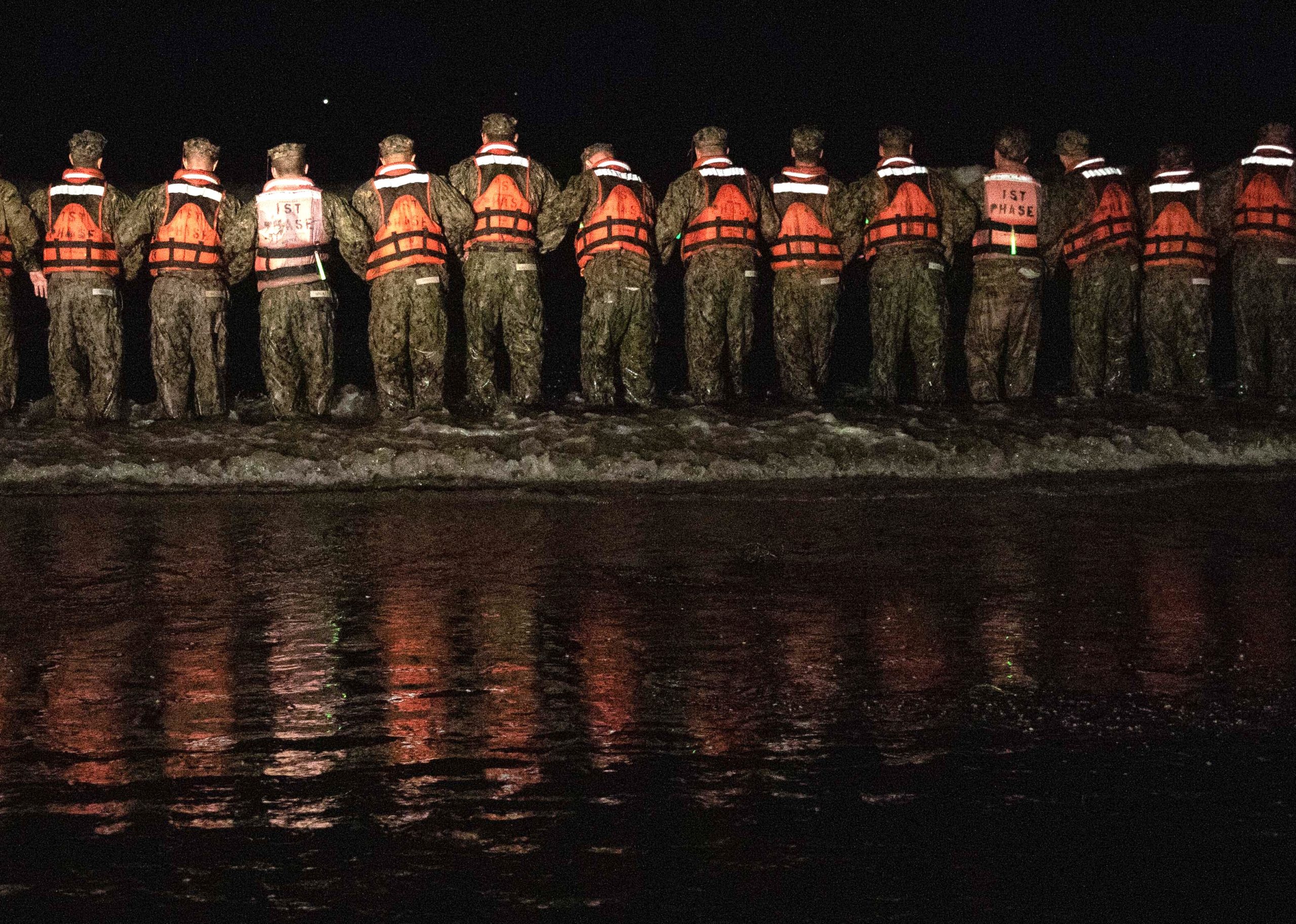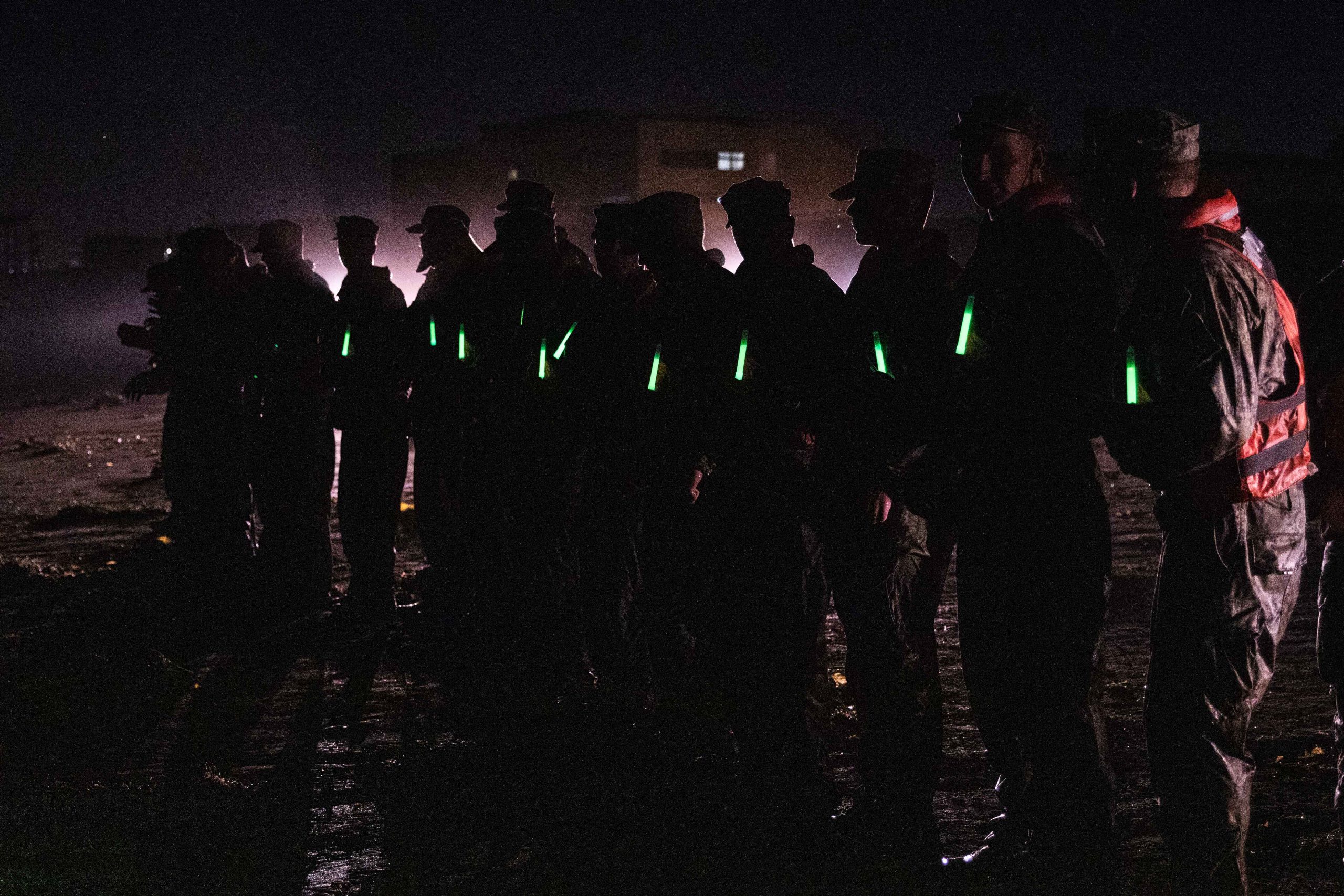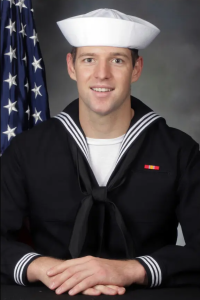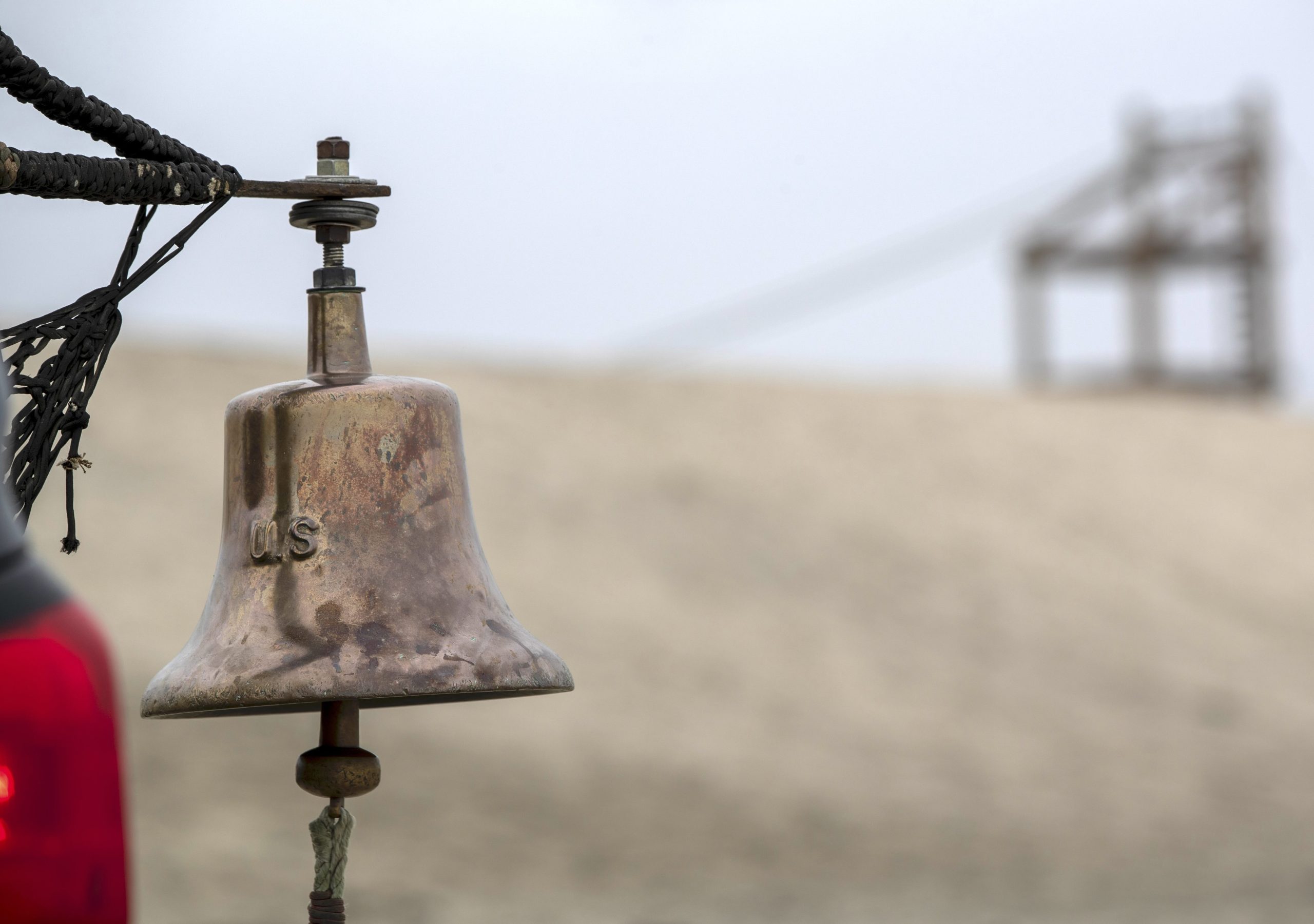
Naval Special Warfare Command will begin forcewide, random urinalysis testing for performance-enhancing drugs (PEDs) starting Nov. 1, officials announced today.
The Navy is implementing the new policy under the expanded authority recently granted by the service and the Department of Defense for the command to conduct unit urinalysis sweeps of trainees and random urinalysis testing of the Navy commando force and other command personnel for PED use.
“The unauthorized and unsupervised use of PEDs is what we are trying to identify and prevent,” Rear Adm. Keith Davids, head of Naval Special Warfare Command, wrote in a forcewide message issued Sept. 29.
“Nevertheless, we realize that some of our teammates may have legitimate medical conditions that need to be treated with prescription supplementation. If that is the case, we encourage our teammates, who haven’t already, to speak with their medical providers to get diagnosed and properly treated.”
The new testing policy comes a year after a command investigation into a SEAL candidate’s death following “Hell Week” training raised questions about the use and prevalence of PEDs among trainees and the wider SEAL force and special-warfare combatant crew (SWCC).
PED testing will occur in the same fashion that the Navy conducts random urinalysis for routine prohibited or unauthorized substances under military regulations. Testing will be incremental, with units randomly selected and 15 percent of that unit tested each month, according to the Coronado, Calif.-based command. Two urine samples will be collected, with separate testing by the Sports Medicine Research and Testing Laboratory in Utah and the Navy Drug Screening Laboratory Great Lakes in Illinois.
Performance-enhancing drugs include steroids, human growth hormones and selective androgen receptor modulators, known as SARMs, and similar to anabolic steroids. Existing Defense Department and Navy regulations – DODI 1010.16, DODI 6130.06 and SECNAVINST 5300.28F – prohibit the unauthorized use of controlled PEDs without a medical prescription and some prohibited dietary supplements. Despite its prohibitions, DoD instructions do not authorize random drug testing and sweeps for steroid misuse, so any enforcement would have been done by barracks inspections or probable-cause searches.
But with the new authorities allowing for urinalysis testing, SEALs and other force personnel who test positive for using unauthorized substances will be processed for administrative separation and could face disciplinary action. SEAL/SWCC candidates will be instantly removed from training.
Officials say the new PED testing authority will help the command gain a better understanding of the use and prevalence of PEDs and deter unauthorized use.
“This incremental, random forcewide testing initiative is far more than a regulatory step – it’s a proactive demonstration of our steadfast commitment to the health, safety and operational readiness of every member of the NSW community,” Davids wrote in his message. “By embarking on this comprehensive approach, we’re ensuring that our personnel operate at their innate best, preserving the distinguished standards of excellence that define Naval Special Warfare.”
Death Probe Prompted PED Policy

The death of Seaman Kyle Mullen, 24, who fell ill at the completion of Hell Week during the first phase of the Basic Underwater Demolition/SEAL Class 352 course, led to the new policy. Mullen died Feb. 4, 2022, at a local hospital, and an autopsy attributed his death to bacterial pneumonia. A second trainee also was hospitalized at thetime.

Following a command investigation into Mullen’s death, the Navy directed a separate Naval Training and Education Command (NETC) investigation, completed March 24, 2023, into Naval Special Warfare Center’s Basic Training Command oversight of BUD/S Class 352. While PEDs were not found to contribute to Mullen’s death, the initial command investigation raised allegations that BUD/S candidates used performance-enhancing drugs and supplements and suggested that PEDs were found among Mullen’s possessions after his death, all which prompted further exploration of any PED and supplement use by trainees and actions to deter and detect their use, according to the NETC investigation.
The NETC investigation also found that BUD/S Class 352 did not get formal training on PEDs and their effects, even though all candidates were required to sign administrative paperwork that stated they understood prohibitions and restrictions on using PEDs and supplements – the latter which even include bulk protein powders and some types of energy drinks – through NSW assessment, selection and training.
Davids, in his forcewide message, issued a rallying cry to the community.
“Dive deep into understanding the risks of PED use and learn more about the DoD’s stance on controlled and unauthorized PEDs,” he wrote. “Furthermore, I urge you to engage in open dialogue with your medical teammates and chain of command … I have unwavering faith in our collective commitment and resilience. Let’s navigate this together.”
Low Recent Usage Found

Just how prevalent PED use is in the NSW community and among Navy SEAL and SWCC candidates? Naval Special Warfare Command officials have disputed media reports of wider use within the community and say they only have anecdotal evidence of PED use.
But after Mullen’s death, the Naval Special Warfare Center implemented a “safe-to-train” urine screening test, which determined testosterone to epitestosterone (T/E) ratios, in line with World Anti-Doping Agency standards, according to Naval Special Warfare Command. T/E screening is commonly used as a testing method used to prove testosterone abuse by athletes.
From February 2022 to March 2023, every SEAL and SWCC candidate was tested at every phase of training, said a Naval Special Warfare Command spokesperson. Of 2,558 safe-to-train screening tests, elevated testosterone levels were detected in 74 out of 434 candidates. They were removed from training for follow-on testing by NSW medical and Navy endocrinology.
Three of those candidates tested positive for an anabolic substance. The other 71 candidates either dropped on request (DOR) and left training or returned to training after subsequent tests showed normal levels.
Since March, all SEAL/SWCC candidates are screened for PEDs under the new testing procedure, officials said. The Naval Special Warfare Center also has established policy and procedures to test for and detect steroids, anabolic steroids and other PEDs at the center and its subordinate commands. The March 2023 Naval Special Warfare Orientation class was the first subunit sweep under NSW’s new testing protocol. Davids this summer directed the implementation of incremental forcewide testing for PEDs beginning Nov. 1.
The new policy is not the first time NSW Command sought to test for suspected steroid use within its commando community.
The NETC investigation noted the command had launched two investigations into PED use from 2011 to 2020, in which five trainees were found to have used steroids and human growth hormones in 2011 and four candidates were caught in 2018. Several times, it also found, Naval Special Warfare Command unsuccessfully sought Navy authority to test across the force for suspected steroid use.





